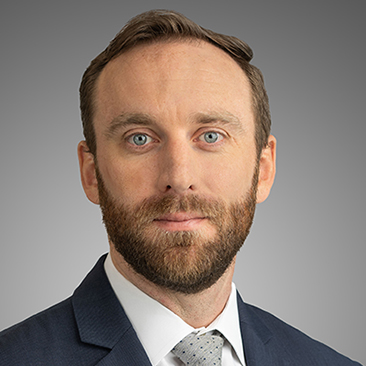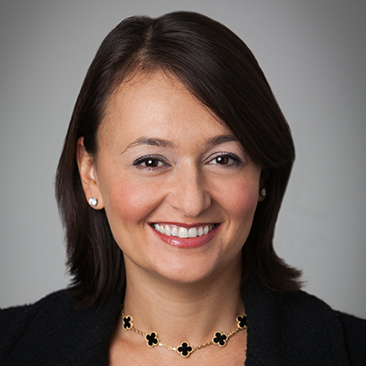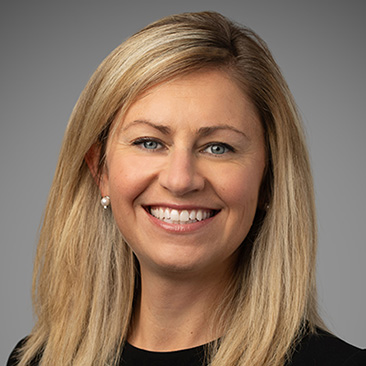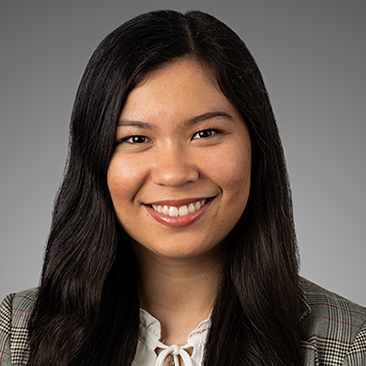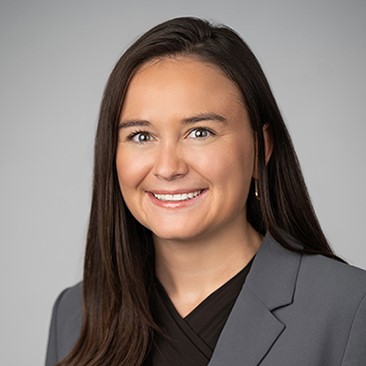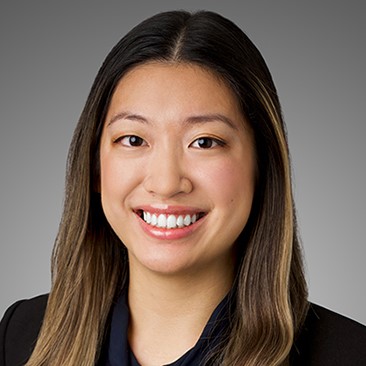The SEC’s Acting Chief Accountant Paul Munter delivered a powerful message earlier this month in a speech (available here) reminding accounting firms, along with public companies and their audit committees, of the responsibility each has for auditor independence under Rule 2-01 of SEC Regulation S-X.1 Mr. Munter’s speech specifically addressed accounting firms that provide consulting services to audit clients, noting with apparent disapproval how such firms enter into “increasingly complex business arrangements and, in some cases, … facilitate these arrangements through restructurings and the use of alternative practice structures.” He went on to criticize what he called “decreased vigilance when it comes to auditor independence” observed during the Office of the Chief Accountant’s consultation process.2 Recent media reports suggest the SEC continues to be interested in firms that may be considering whether to split their audit and consulting practices.3
Encouraging companies, their audit committees and accounting firms to consult with the SEC’s Office of the Chief Accountant in these situations, Mr. Munter warned firms in particular “to remain focused on the trusted role that public accountants play in the disclosure of high-quality financial information to the investing public and to take compliance with all aspects of the … [SEC’s] auditor independence rule very seriously.” He concluded with this statement: “[W]here independence on an audit engagement is a close-to-the-line call, firms must be willing to forego audit and review fees or potentially lucrative restructuring proposals to comply with their independence responsibilities.”
Audit committees should keep in mind that the SEC holds them directly responsible – together with senior management and accounting firms – for the integrity of the financial reporting mechanism on which the U.S. capital markets rests. Or as he put it in a previous speech: “Audit committees play a vital role in the financial systems of public companies through their oversight of financial reporting, including internal controls over financial reporting, and over the external, independent audit process.”4
- Rule 2-01 of Regulation S-X consists of a general statement (in 2-01(b)) accompanied by a non-exclusive list of prohibited services and/or relationships deemed automatically to impair the objectivity and impartiality of the accounting firm performing the audit (in 2-01(c)). Generally speaking, the SEC will not recognize an accountant as “independent” under Rule 2-01(b) with respect to an audit client “if the accountant is not, or the reasonable investor with knowledge of all relevant facts and circumstances would conclude that the accountant is not, capable of exercising objective and impartial judgment of all issues encompassed within the accountant’s engagement.” This “facts-and-circumstances” analysis must take into account four basic principles: (1) whether there is a mutual or conflicting interest between the accountants and their audit client; (2) whether the accountants are in the position of auditing their own work; (3) whether the accountants act as management or an employee of the audit client; and (4) whether the accountants advocate for their audit client. However, the independence analysis does not stop here, but instead requires examination of all relevant facts and circumstances as prescribed by Rule 2-01(b). Put another way, compliance with the enumerated prohibitions set forth in Rule 2-01(c) “is necessary but not sufficient.”≈
- Recurring issues identified by Mr. Munter as raising concerns for the Office of the Chief Accountant regarding certain accounting firm practices include: (1) failure to consider the broad facts-and-circumstances analysis mandated by Rule 2-01(b) along with the prohibitions enumerated in Rule 2-01(c), as discussed above in Note 1; (2) provision of non-audit services to corporate audit clients and their affiliates; and (3) entering into increasingly complex business relationships and entertaining restructuring proposals.≈
- See, for example, Jean Eaglesham & Corrie Driebusch, Deloitte Explores Splitting Auditing, Consulting Arms, Following Ernst & Young, Wall Street Journal (June 8, 2022), available here.≈
- Paul Munter, The Importance of High Quality Independent Audits and Effective Audit Committee Oversight to High Quality Financial Reporting to Investors, available here.≈


